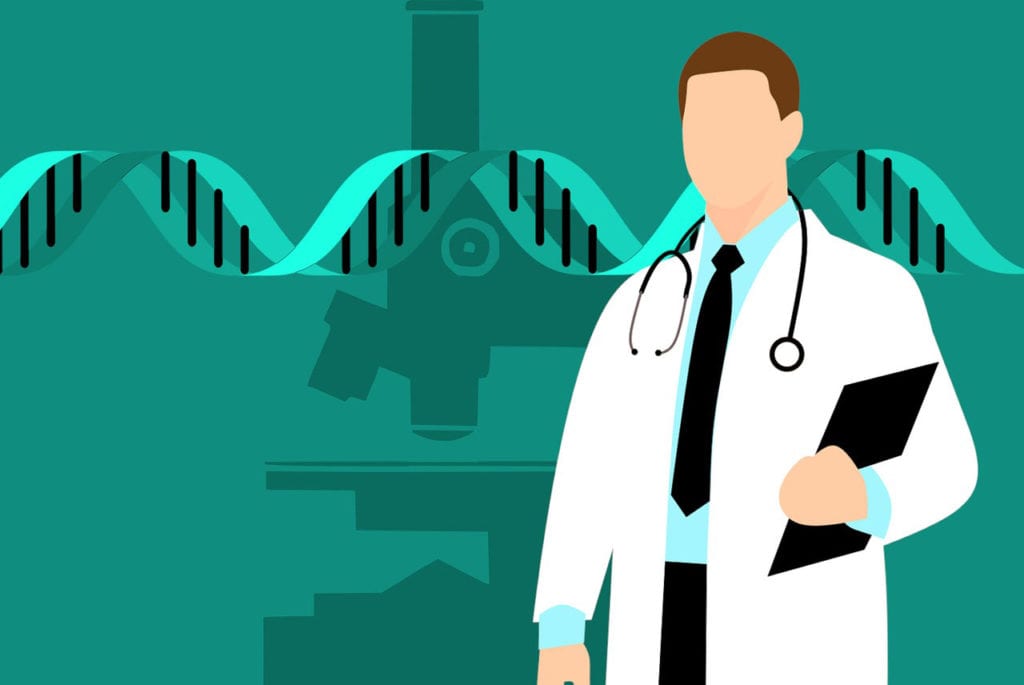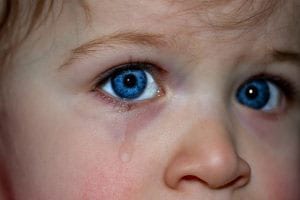According to a report by the Canberra Times, a new clinical trial will present free genetic testing to ten thousand people. Each of these people is a potential parent. The test list is not fully decided upon yet, but screening is likely to include conditions such as cystic fibrosis, and spinal muscular atrophy. Know as the Australian Reproductive Carrier Screening Project (ARCSP), the program is in a position to dramatically change how patients view family planning. Keep reading to learn more or follow the original story here for more information.
Mackenzie’s Mission
Though the technical name of the project is ARCSP, many know it better as Mackenzie’s Mission. This is the name given to it by Greg Hunt, Australia’s Health Minister. It honors a child who lived to be 7 months old. Mackenzie Casella was born with SMA1, and died in October of 2017. Her parents were advocates for genetic testing.
Before Mackenzie was born, her parents knew nothing of spinal muscular atrophy (SMA). No one told them about any kind of testing. A simple blood test would have revealed tot he couple that their children had a one in four chance of inheriting SMA. Together, they successfully raised awareness and advocated for routine carrier testing.
Laying the Foundation
ARCSP is a $20 million trial and pilot program. It is, however, only part of a larger $500 million project formed by the Australian government. The Australian Genomics Health Futures Mission is the largest investment of the federal government’s research into health. That’s why ARCSP is so important. As the cornerstone of the entire project, it is establishing the groundwork for projects to come.
Researchers describe the project as having a huge impact. While the conditions the tests screening for are rare, they are serious and debilitating when children inherit them. It’s believed that every person carry various recessive genes for a serious condition. However, for many genetic conditions, in order for it to be a problem, the other parent would need to carry the same mutations. While the odds that the other parent will carry the same recessive gene, when it happens, the family’s child may inherit serious health conditions.
Access and Accountability
Currently, it costs about $400 for a couple to receive the kind of screening ARCSP will provide. Patient access to testing is one of the primary concerns of researchers. While the current tests are somewhat expensive, the bigger problem is that patients often are unaware or ill-informed about how to get tested. Many don’t even know the option exists.
Some Australians have also brought up concerns that the project could lead to a form of genetic prejudice. While no researcher is intending to design a “master race” using ARCSP’s genetic information, some worry that genetic data will be abused. There is a fear that this could provide a pathway to a world that could divide people into genetic “haves” and “have nots.”
Stephen Robson, president of the Royal Australian and New Zealand College of Obstetricians and Gynaecologists, describes the projects as having “a good heart. The project “is about empowering women,” he continues “and giving couples information to help them make informed decisions that they believe are right for them.”







